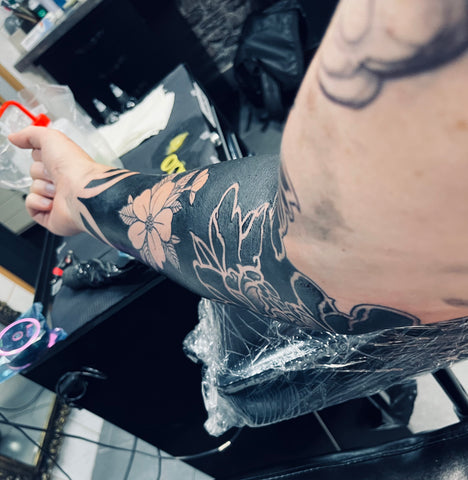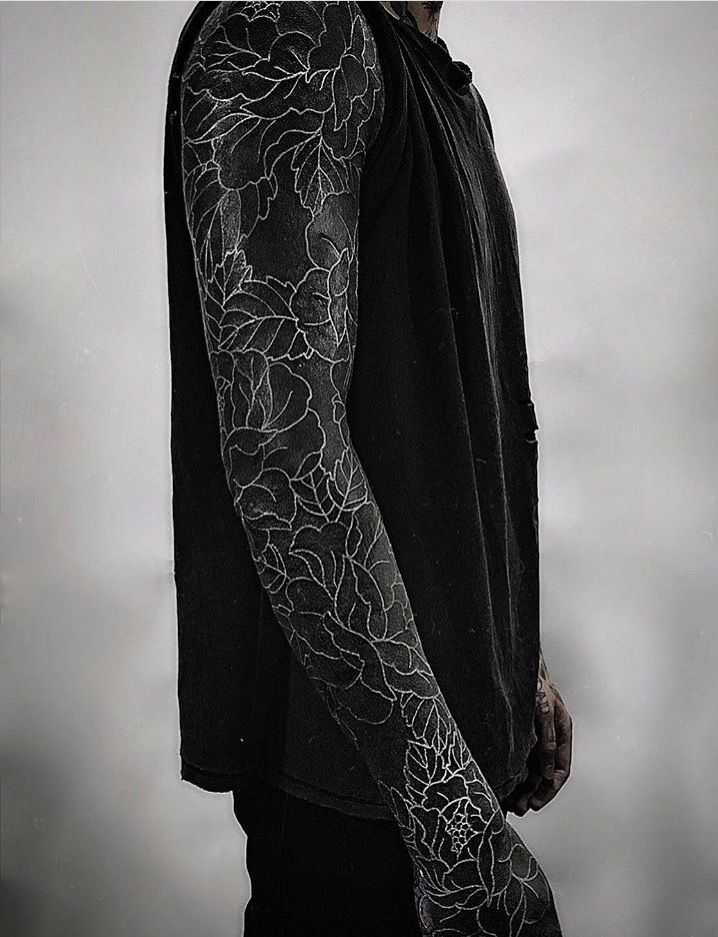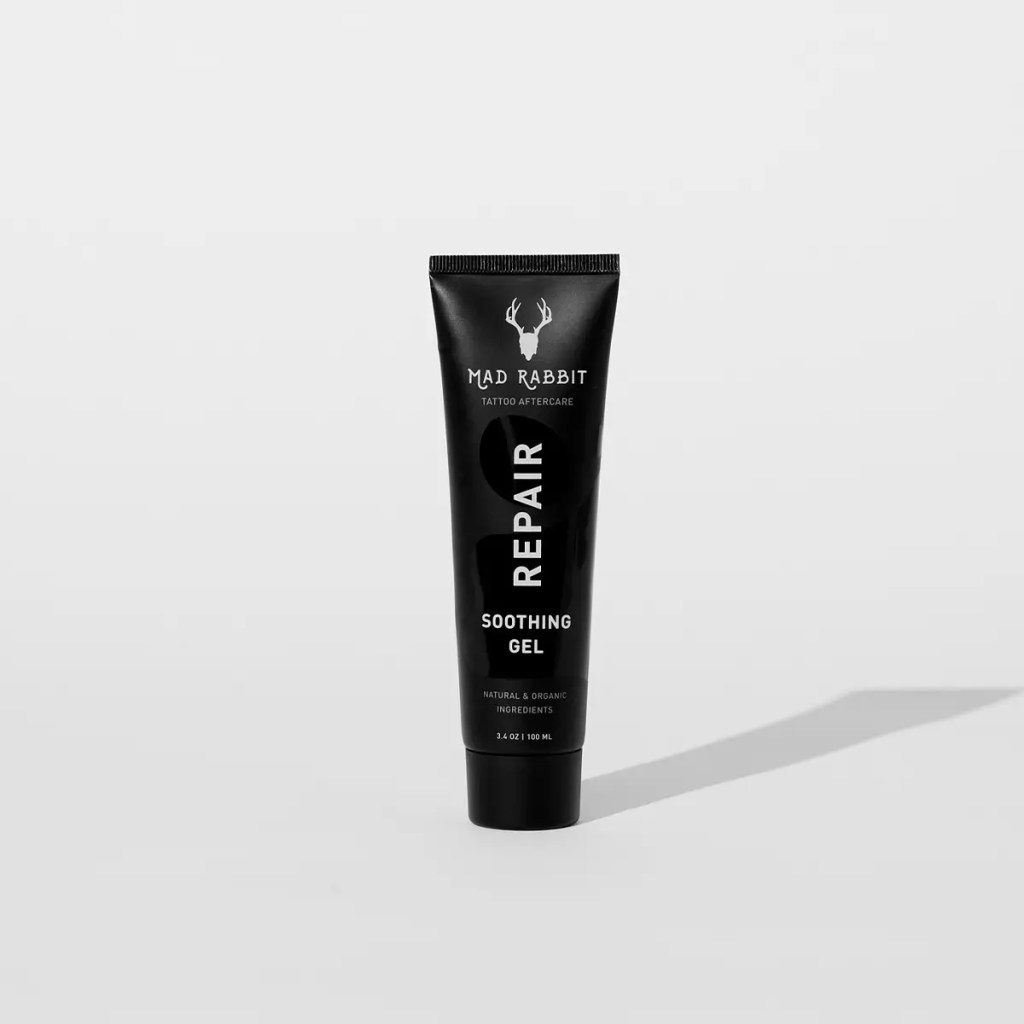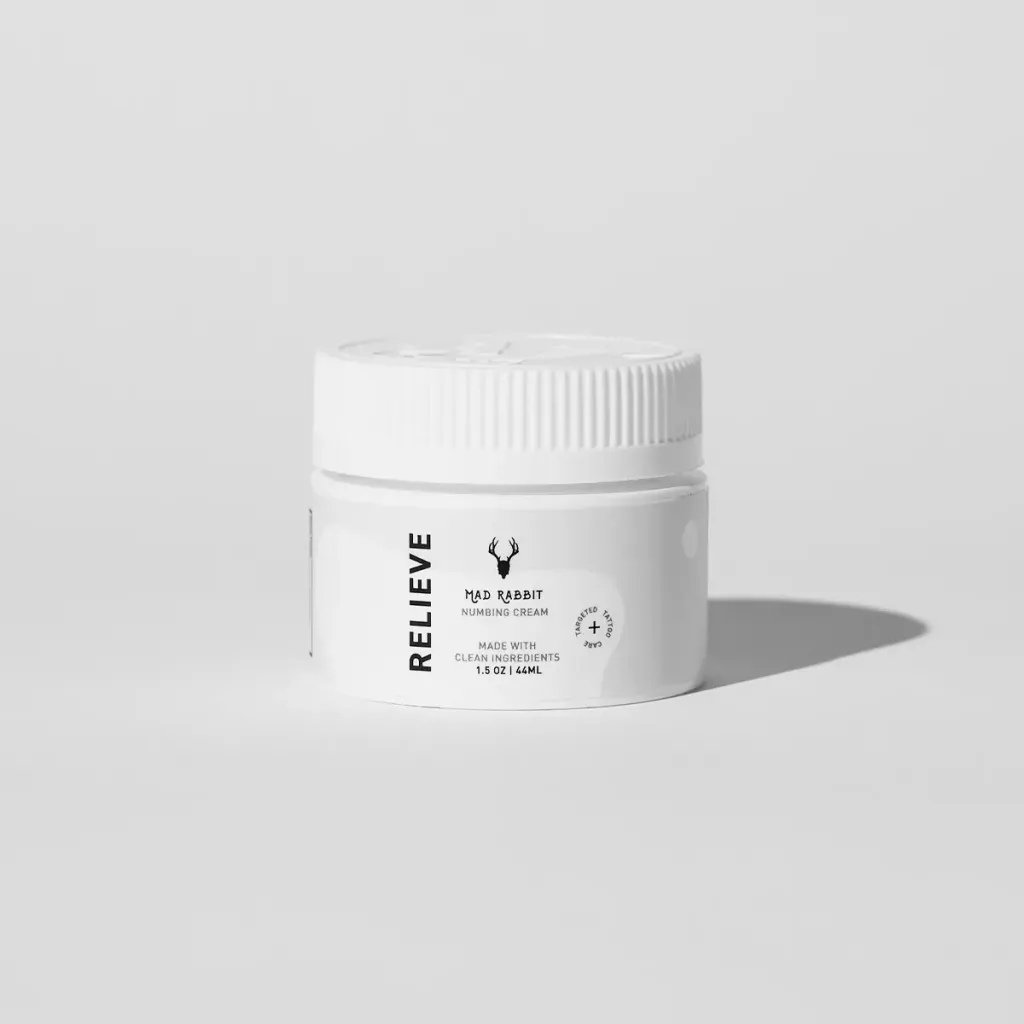A recent study conducted by the C.S. Mott Children’s Hospital at the University of Michigan revealed that a whopping 78% of parents would not consider allowing their adolescent to get a tattoo.
The research, which delved into the concerns and views of parents regarding teen tattoos, provides valuable insights that may help bridge the communication gap between parents and teens on this often contentious issue.
Why your parents don’t want you to get tattooed
Understanding Parental Worries
Dr. Gary Freed, co-author of the study, believes that it serves as a vital tool to improve communication between parents and teens. By identifying the concerns parents have about tattoos, it allows for more open and meaningful discussions about self-expression, medical safety and the long-term implications of getting a tattoo at a young age.
The study highlighted three critical issues that parents repeatedly expressed:
- Future Regret: 68% of the parents were anxious about their teens regretting the decision to get a tattoo later in life.
- Potential Health Risks: More than half of the parents (53%) cited possible medical complications as a significant deterrent.
- Societal Stereotyping: Approximately 50% of the parents were “very concerned” about how visible tattoos might negatively impact their children’s job prospects, fearing potential stereotyping by employers.
Parents and teens should ask their tattoo artist basic questions about sterilization and safety protocols, needle cleanliness and whether they wear gloves.
The Art of Communication
Dr. Freed emphasizes the importance of open dialogue between parents and their children. He suggests that parents could initiate a conversation by asking their child if they’ve ever considered getting a tattoo and what their thoughts are on the matter. This open communication is crucial in establishing clarity and understanding between the two parties.
The Silver Lining
Interestingly, two-thirds of the parents acknowledged tattoos as a form of self-expression. They compared it to other forms of self-expression such as hair dying and clothing choices. This recognition of tattoos as a form of personal expression indicates a level of understanding and acceptance. And it underscores the importance of having respectful discussions about tattoos within families.
The Tattoo Taboo
Despite some level of acceptance of tattoos as a form of self-expression, a significant number of parents still hold reservations. Their concerns mainly revolve around the potential health effects of getting a tattoo. 53% of the parents were highly concerned about the risk of allergies, infection or scarring. While 50% were apprehensive about the transmission of diseases such as hepatitis or HIV through unsanitary needles.
Societal Implications
Parents also expressed worries about the societal repercussions of their teens getting tattoos. Half of the parents surveyed were highly concerned about potential stereotyping by employers due to visible tattoos. They also expressed fears about how a teen’s tattoo might reflect on them as parents.
The Regret Factor
The most significant concern, however, was the prospect of future regret. Parents were justified in this worry, considering the permanence of tattoos.
Dr. Sarah Chamlin, a professor of pediatrics and dermatology at Northwestern University’s Feinberg School of Medicine, confirmed these concerns, stating that “most tattoos cannot be completely removed.” And geting a tattoo “is a permanent decision in many cases.”
Health Risks
Dr. Chamlin further elaborated on the potential health risks associated with tattoos, such as allergic reactions to tattoo inks, skin infections, scarring and transmission of blood-borne diseases. However, she noted that the likelihood of such complications is significantly reduced if the tattoo artists maintain high standards of hygiene and sterilization.
A Matter of Choice
Choosing a reputable tattoo artist who adheres to stringent hygiene and sterilization practices is crucial in mitigating the risk of medical complications. Dr. Freed advises teens and parents to ensure the tattoo artist wears gloves, sterilizes equipment and maintains a clean work environment.
The Last Resort
In situations where discussions and understanding fail, options like laser removal can be considered. However, these should be seen as the last resort and not a safety net, as they are not guaranteed to completely erase a tattoo.
Conclusion
The conversation surrounding teen tattoos is undoubtedly complex, filled with a mix of concerns about health, societal perceptions and long-term implications. By providing a platform for open dialogue, studies like the one conducted by the C.S. Mott Children’s Hospital allow for better understanding and more informed decision-making.
Ultimately, it’s essential for parents and teens to communicate and to begin understanding each other’s perspectives. Parents and teens understanding each other is necessary in order to make decisions that are in the best interest of the child’s present and future.
Article Sources – Recommended Further Reading
Vagabond takes every opportunity to use high-quality sources, including peer-reviewed studies, to support the facts within our articles. Read our editorial guidelines to learn more about how we keep our content accurate, reliable and trustworthy.












